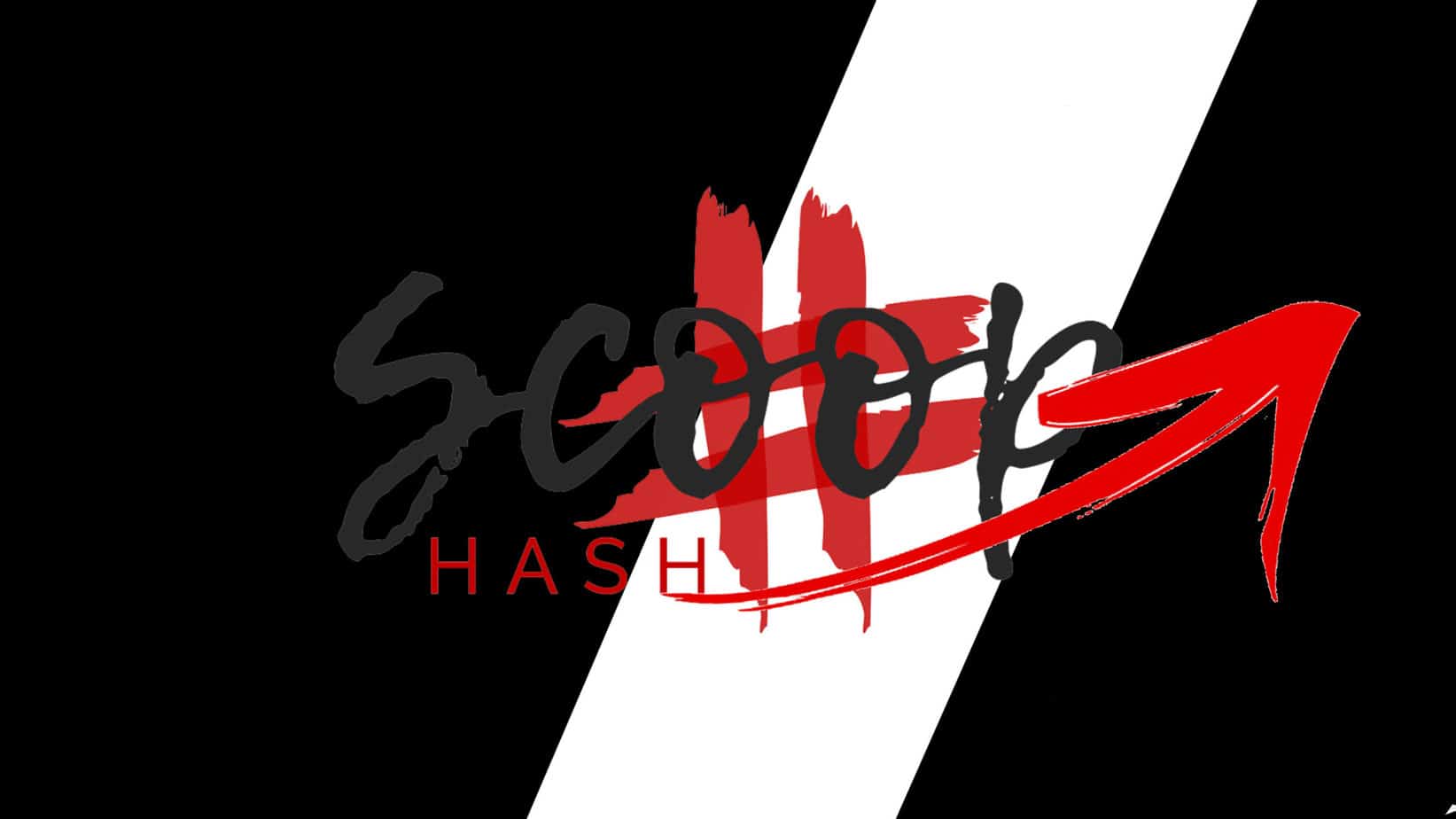Dystopian fiction lets the readers explore the darkest aspects of human nature and human psychology. According to the books about dystopian future, it is a fictional environment or place in which everything dark and evil is possible to happen. The simplest way to imagine dystopias and dystopian literature is to presume that a dystopia is usually the outcome of a social gathering, its government, and rulings around good potential. To make a perfect society, such as equality, order, and compliance, and taking those good potentials to the extreme levels. Future dystopian books can be disturbing and mysteriously reflect our present, past, and future. And therefore, it is considered one of the best genres to comprehend man’s cruelty to his fellow men.
One of the best future dystopian books to read is by author Owen Davis in his outstanding survival thriller sequence Salvation Hoax Series. These are a perfect epitome to explain the future dystopias that can occur and how we should gear ourselves in a survival mood to combat every challenge.
The Characteristics of Dystopian Backgrounds
Many dystopias share similar features, including:
Economic encounters: In this background, there’s an extensive poverty that the civilians must tolerate, or there are substantial breaches in the nation’s prosperity that eventually create a ruling class of privileged and elite people and downgrade those who don’t live up to the standards.
Environmental Catastrophes: These comprise ecological destruction and havoc on the lives and fates of the people. These catastrophes could take the form of massive weather-changing events, like floods or earthquakes; drastic climate changes and their aftermath effects; or the consequences of overpopulation, pollution, or the worst ramification for the planet that affects its natural resources.
Propaganda: The current power assembly in a dystopia creates propaganda to keep the community in line. Such propaganda could present a misleading “everything is well “depiction of life to govern the people, or it could provoke terror and fear, thus, generating a reason to engross additional dominance and suppression.
Government power affects: Classically, whether there’s no government supervising order, law, and advancements for the betterment of the nation, or a dominant government that controls the states of police and monitors citizens’ lives.
Endurance: The characters in a dystopian background are in a continuous fight to survive the unjust conditions in which they are enduring. They ought to survive in even the most extreme situations to protect themselves and the people around them, which typically signify fighting against evil powers.
Loss of liberty or a person’s individuality: According to the best of enemies’ books and dystopian novels, dystopian civilization habitually robs its civilians of their basic right and liberty or their individualism. It reduces their ability to live as individual people with moral righteousness. Still, on the contrary, they are compelled to follow the commands of an oppressive and unfair system blindly.
Technology: Technology progress undoubtedly plays a significant role in tracking and controlling dystopian nations. Instead of solving difficulties, technology creates even worst situations that play a role in damaging relationships, strengthening hierarchies and power assemblies, and decreasing the value of life.
Dystopias vs. Eutopias
Eutopias are the contrast to dystopias because they’re perfect imaginary worlds that readers find attractive and tempting. Moreover, they are ideas of picture-perfect societies that typically sync well with the author’s particular philosophies and personal beliefs. Still, struggles do exist in utopian literature, but they usually arise from human imperfections and mistakes instead of from the backdrop itself.
While both utopias and dystopias can comprise ironic features to present a way of amusingly criticizing someone or even something, mockery is pretty common in a utopian background. Presented as the flawless world is, using nature, more favorable to grace and humor than the desolation narrated by a dystopia.
What is the purpose of Dystopian Literature?
Dystopian literature is often set in the present instead of the seemingly far, unpredictable future to provoke urgency and awareness about real current events in the world. Because dystopian fiction and its cinematics are set in the future, it is called science fiction by description. However, this might also look quite distinct from the best sci-fi movies.
Both future dystopian fiction and Sci-Fi belong to a diverse group of “hypothetical” fiction. This literature category speculates society’s potential outcomes if humans cannot deal with existential dangers, such as nuclear war, climate change, authoritarianism, or overpopulation.


